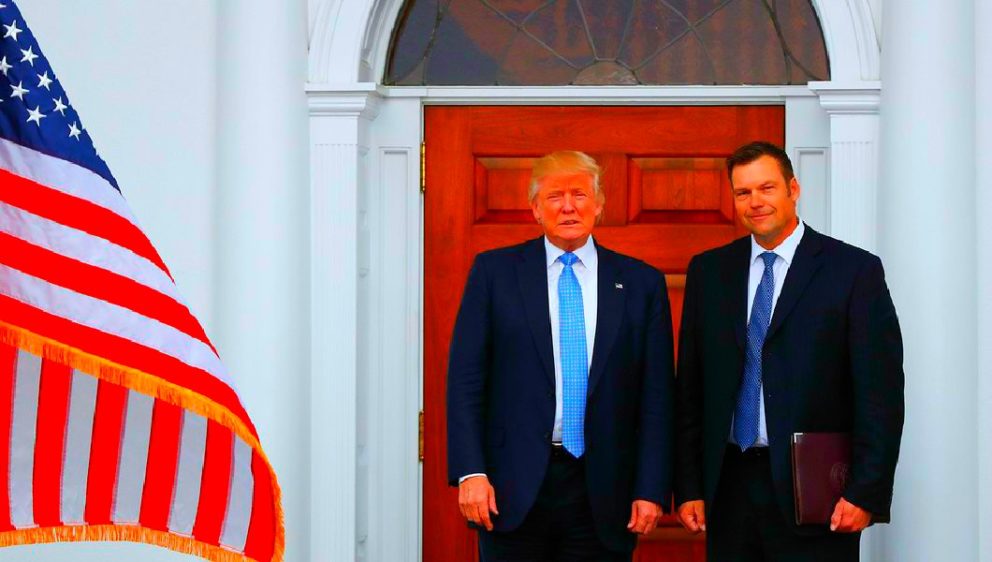“If I Was Wrongfully Accused of Voter Fraud, How Many Other People Are Too?” –Joe Golden, Southport, N.C.
Democracy North Carolina examined the human cost of hundreds of false voter fraud charges made by Republican operatives during the 2016 reelection campaign of former N.C. Governor Pat McCrory. The report, entitled “The Deceit of Voter Fraud,” uncovers a pattern of unsubstantiated charges of election fraud, without regard for the harassment and harmful impact on innocent voters. In the course of our five-month investigation, we talked with dozens of people maligned by the McCrory-NCGOP legal and publicity team. They are the victims of what happens when outrageous claims of voter fraud are used as a weapon for political gain.
Nationally, President Donald Trump has created a commission to bolster his claims that widespread voter fraud denied him a popular vote victory in 2016. The “Voter Integrity Commission” is chaired by Vice President Pence and led by the vice chair, Kansas Secretary of State Kris Kobach. It has become very controversial because:

In 2016, then President-Elect Trump meets with Kansas Secretary of State Kris Kobach (r.) who would become the Vice Chairman and "driving force" behind Trump's so-called "Commission on Election Integrity," designed to curb voting access.
- It’s members are advocates of harsh voting restrictions and mix-up facts to spread false claims of “voter fraud.”
- It initially requested detailed information from every state about their voters, including birth dates and Social Security numbers, but they retreated after being criticized because the information would become public and help identity thieves.
- In September, Kris Kobach wrote an article claiming thousands of voters in New Hampshire committed voter fraud because they used an out-of-state driver’s license when they registered – but they were college students legally voting.
- Kris Kobach and others on the commission want more voter purged from registration rolls. Kobach created the Interstate Crosscheck database of registered voters to match voters in two states by first and last name and birthdate, but that method produces thousands of false matches. In a letter to the commission, the head of the NC Board of Elections cautioned against using the Crosscheck, as well as citizenship databases because they have so many errors.